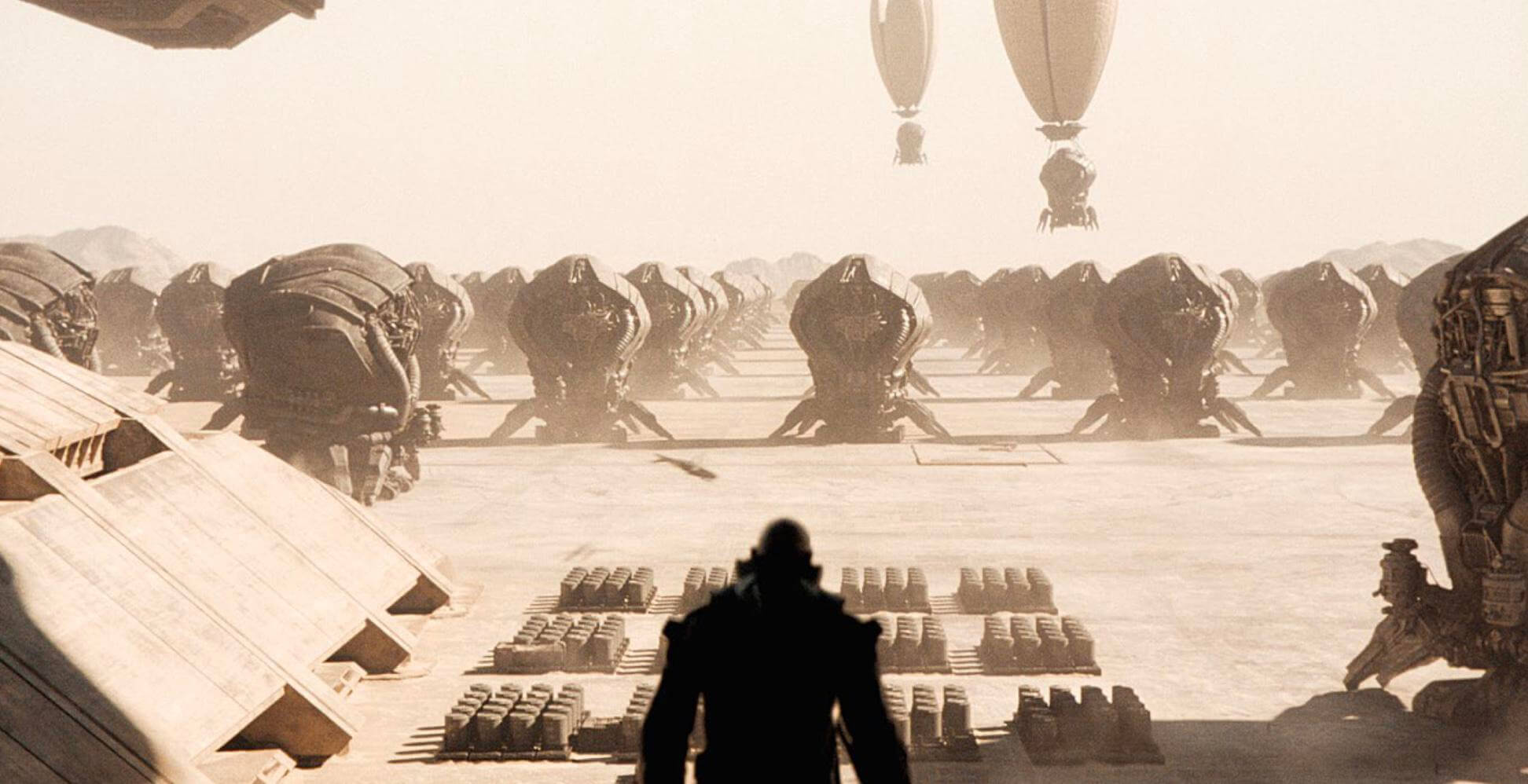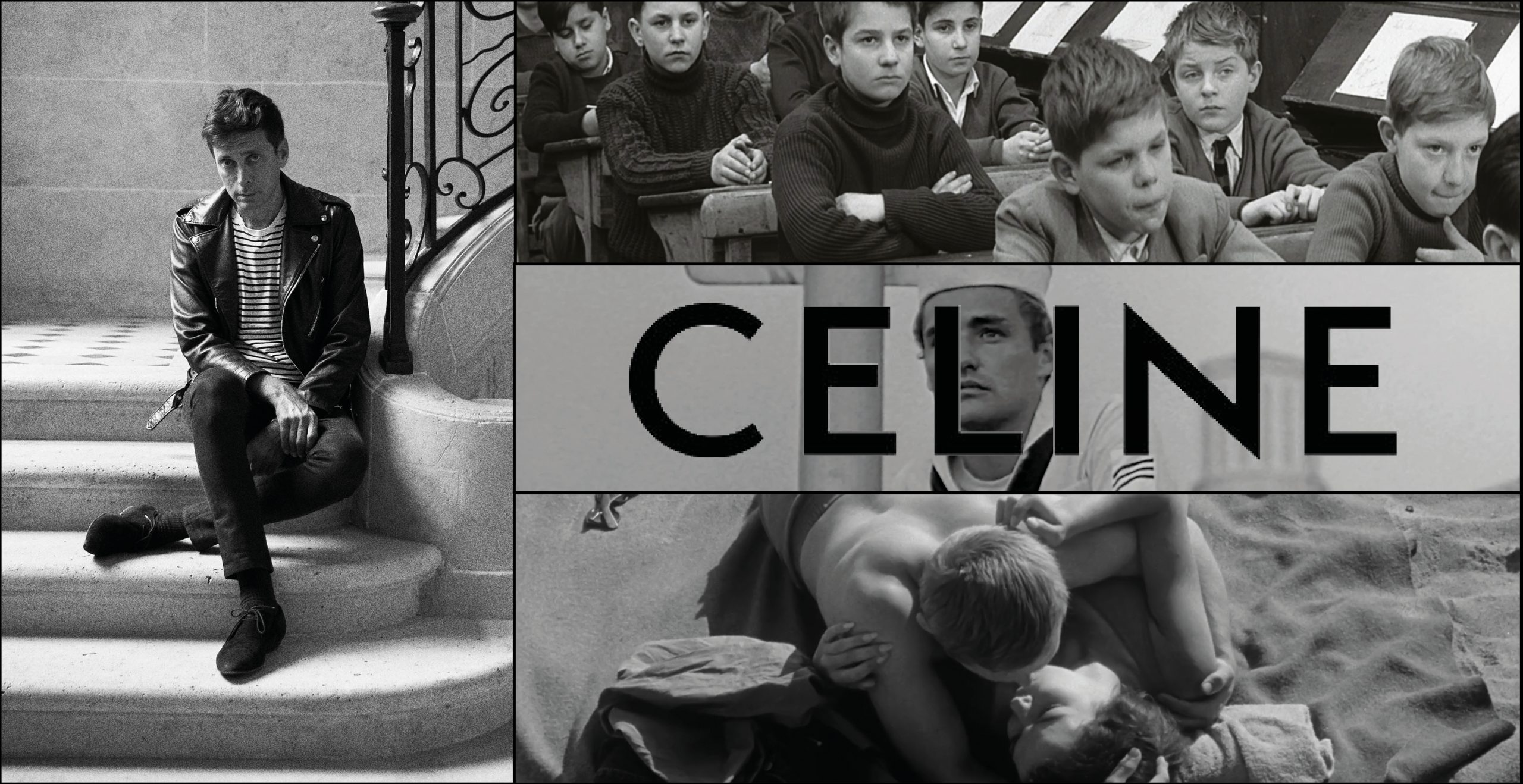Before we get this started…
***NO BIG SPOILERS***
Dune is more than a movie and you should definitely see it as an experience. Therefore we at TITLE decided to give you just a small glimpse into this gigantic storyline, but a lot of information on how this epic has been in the making for decades.
Since its inception in 1965, when Frank Herbert first introduced Dune in the pages of Analog Science Fiction and Fact magazine, the desire to transform “the world’s best-selling science fiction novel” into a film has lingered. Various attempts fell short, unable to capture Herbert’s visionary dreams. To set the mood, let’s take a moment to reflect on the words of Alejandro Jodorowsky, the legendary Chilean filmmaker renowned for his avant-garde masterpieces like “El Topo” and “The Holy Mountain,” which birthed the genre of midnight cinema.
Jodorowsky perceived cinema not merely as a storyteller but as a canvas for revolutionary thinking. His films, often resembling LSD trips, pushed boundaries. With boundless enthusiasm, Jodorowsky embarked on his Dune project in 1974, aiming to create a “drug experience” without hallucinogens, ultimately aiming to change the minds of youth and offer fresh perspectives. Jodorowsky envisioned the cinematic release of Dune as a second coming of Christ.
His mission: To create a „drug experience“ without the need of consuming hallucinogens. „To change the minds of the youth and give them new perspectives.“ Jodorowsky was sure that the cinematic release of Dune would be a second coming of Christ.
Dune transports us to a distant future where the universe’s most valuable substance, “spice,” can only be found on the planet Arrakis. This desert world is not only inhabited by the resilient Fremen, a group adapted to its harsh conditions, but also by colossal sand worms. Guided by Duke Leto Atreides and his son Paul, we navigate this unknown realm.
Leto’s duty is to govern Arrakis and safeguard the spice, a crucial fuel for starships and a mind-enhancing drug. However, the House of Atreides faces betrayal, leading to the survival of Paul and his mother, who flee into the desert and form an alliance with the Fremen.
While the new movie boasts a runtime of 2 hours and 30 minutes, it only covers the first half of the book. Herbert’s envisioned world was too vast for an ordinary film.
Consider that when Dune was initially published in 1965 and when Jodorowsky began his work, there were no other science fiction epics. It took five more years until Star Wars’ release in 1977, followed by Ridley Scott’s horror masterpiece Alien, which taught us that “nobody can hear you scream in space.”
Jodorowsky comprehended the magnitude of his undertaking and assembled a team befitting Mount Olympus: Jodorowsky as the director, the legendary comic artist Jean Giroud (Moebius) for storyboarding, Dan O’Bannon, later renowned for his Alien screenplay, and HR Giger, who contributed to Alien’s set and creature design.
With persuasive finesse, Jodorowsky secured the participation of David Carradine, Orson Welles, Udo Kier, Mick Jagger, and even Salvador Dali. His own son dedicated years of training to portray Paul, the story’s hero, mastering swordplay and combat techniques six days a week.
The era and cinematic techniques were simply unprepared for the grand vision Herbert and Jodorowsky envisioned. However, this setback did not deter movie studios from trying. Eventually, movie mogul Dino De Laurentiis found a willing director in David Lynch, who, at that time, had only two other films to his name: “Eraserhead” and “The Elephant Man.”
In 1984, David Lynch’s adaptation of Dune hit the screens with a budget ranging from 40 to 42 million US dollars. Although it was considered a box office disappointment and failed to recoup its costs, Lynch’s version gained a cult following. However, it fell short of capturing the essence of Herbert’s vision once again. It seemed that the timing was still not right.
In 2003, a TV mini-series called “Children of Dune” starring James McAvoy emerged, yet it would take almost two more decades to witness the true realization of Dune’s potential.
Fast forward to 2021, and the time has finally come for us to experience this epic science fiction tale on the grandest of scales, with a director who has already demonstrated his prowess in the genre. Denis Villeneuve, known for his works such as “Arrival” (2016) and “Blade Runner 2049” (2017), takes the helm.
The cast assembled for this latest iteration is a constellation of stars, with Timothée Chalamet leading as Paul, joined by the talented Zendaya, Oscar Isaac, Jason Momoa, Josh Brolin, Dave Bautista, Javier Bardem, and many more.
Decades have passed since Jodorowsky’s audacious attempt, and although we will never witness his final vision, Denis Villeneuve has poured his heart and soul into creating a world unlike anything we have encountered before. It is worth noting that Villeneuve himself has expressed fascination with David Lynch’s Dune since his youth, further amplifying the passion he brings to this project.
The world-building in Villeneuve’s adaptation is unparalleled, free from borrowing elements from popular science fiction franchises. As viewers, we are swiftly immersed in a dense narrative, instantly recognizing that we have ventured beyond Earth into a “galaxy far, far away.” The nod to Star Wars is not coincidental. Upon completing the film ( watch it at IMAX, my friends), I found myself pondering how different today’s pop culture might be if Dune had received the treatment it deserved during Jodorowsky’s involvement. Perhaps the Star Wars and Alien franchises, as we know them, would never have existed. Science fiction would have taken an entirely distinct form. Alas, it is what it is.
We might have never seen the Star Wars franchise we grew up to love or the Alien franchise we grew up to fear. Science Fiction would have been something else, but you know… It is what it is.
We have seen so many iterations of the future and space travel in cinema, that one might think that there is nothing new to see, but Dune is something else. Something fascinating.
We can be more than happy to have the opportunity to witness Villeneuve’s masterpiece which in many decades will surely be remembered as one of the finest and most sought after movie projects of all time. It is definitely worth it.



























